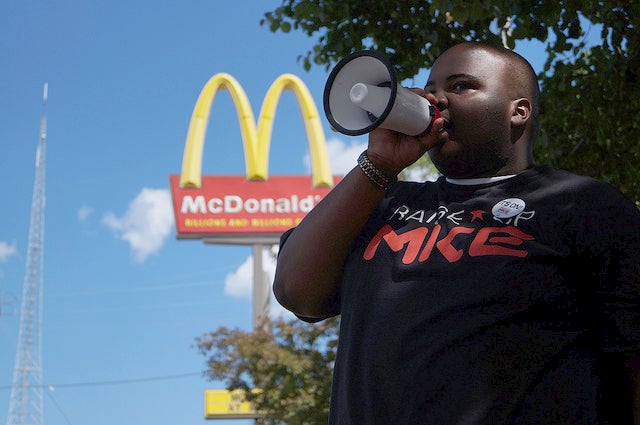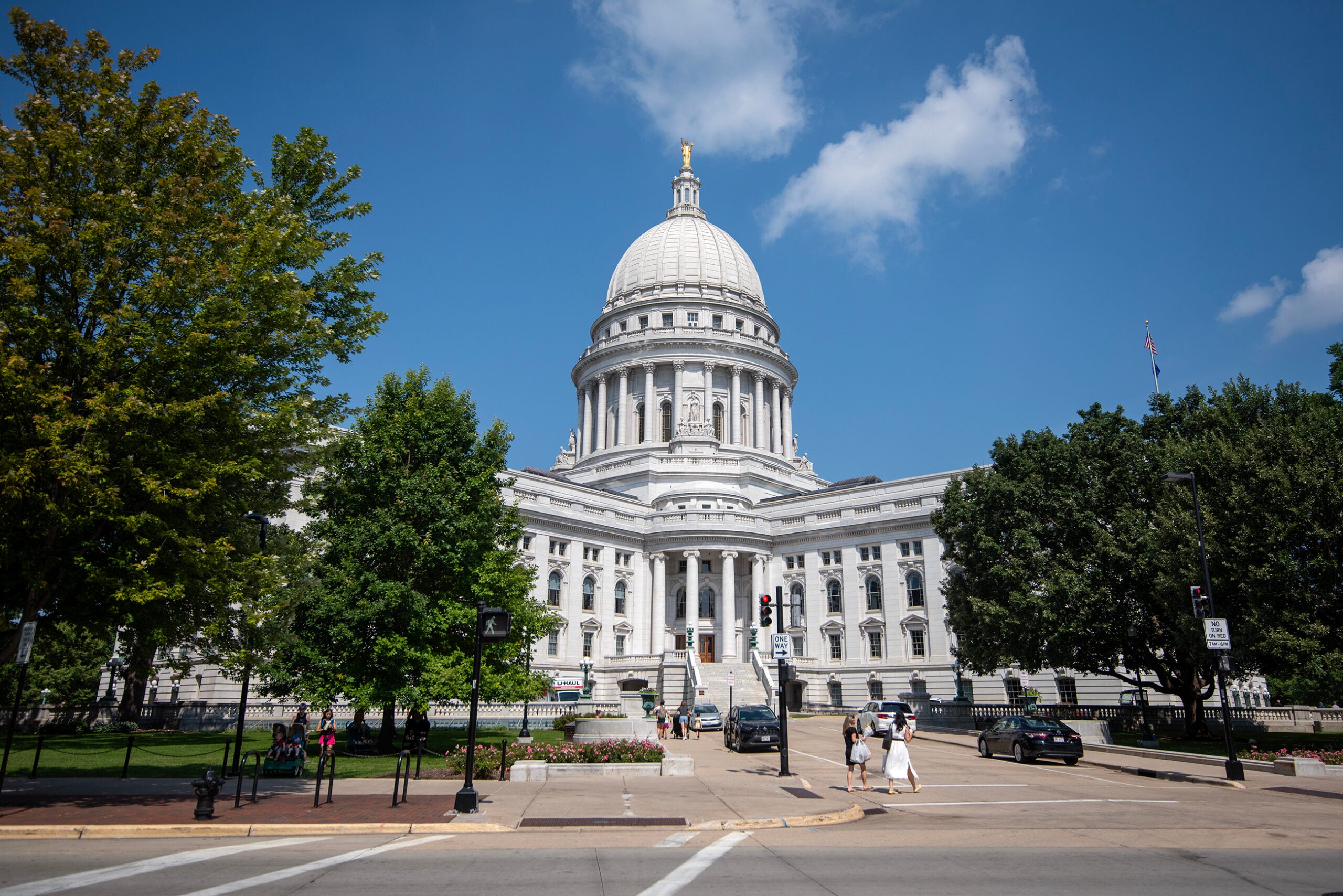The state Department of Workforce Development has dismissed complaints filed by workers saying that they were not being paid a “living wage.”
The group Wisconsin Jobs Now submitted the complaints on behalf of the more-than 100 state residents last month, as part of an effort to increase in Wisconsin’s minimum wage. The complaints were filed under an obscure law, found in Section 104 of Wisconsin’s statutes, that declares all wages “shall be not less than a living wage” to ensure “reasonable comfort, decency and moral well-being.”
However, in a letter sent on Monday to a community organizer for Wisconsin Jobs Now, a DWD administrator wrote that the department had found “no reasonable cause to believe that the wages paid to the complainants are not a living wage.”
News with a little more humanity
WPR’s “Wisconsin Today” newsletter keeps you connected to the state you love without feeling overwhelmed. No paywall. No agenda. No corporate filter.
The response also pointed to a study by the Wisconsin Restaurant Association on job loss as a result of raising the minimum wage, and pointed out that “most” of the stories included in the complaint cited wages higher than the minimum wage and referenced wanting for “items that go beyond basic necessities.”
Jennifer Epps-Addison, the executive director of Wisconsin Jobs Now, said the state’s $7.25-an-hour minimum wage simply isn’t sufficient for residents to live on.
“Let’s be clear: There’s not a single community across the state where a minimum-wage worker can actually afford a market-rate, two bedroom apartment. That’s not a living wage,” she said.
Epps-Addison said workers are considering filing a lawsuit against the state. She also pointed out that more than 10 municipalities will ask voters their opinion on raising the minimum wage through ballot referenda in next month’s election.
Editor’s Note: This story was updated with information from Wisconsin Public Radio’s afternoon news broadcast.
Wisconsin Public Radio, © Copyright 2025, Board of Regents of the University of Wisconsin System and Wisconsin Educational Communications Board.







